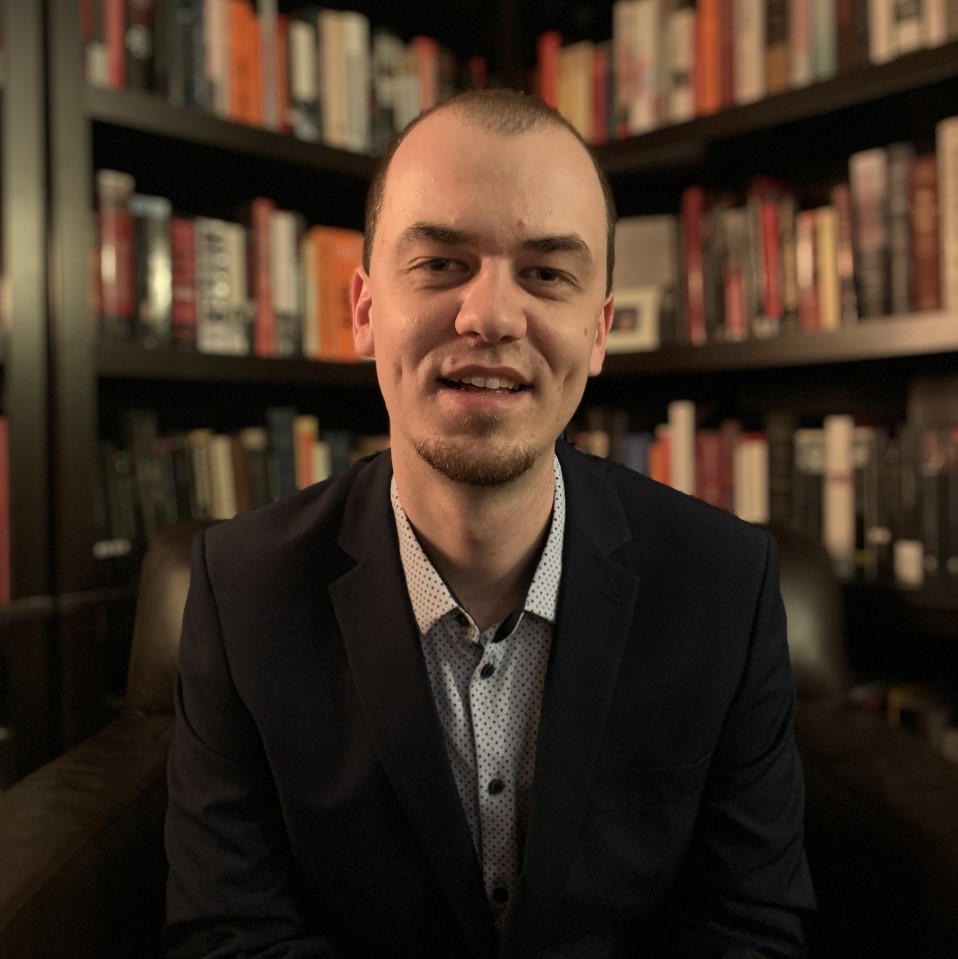
By Dan Sherven
Jonathan Pageau is a French-Canadian liturgical artist and icon carver. His work has been featured in museums throughout the world. He also has a YouTube channel called The Symbolic World with more than 190,000 subscribers. There, he examines “symbolism in all its forms, from its source in sacred stories and images to contemporary culture and ultimately how it shapes the world we encounter.”
He recently answered some fundamental questions about Christianity. To start with, Pageau spoke about what is meant by the phrase the ‘kingdom of heaven,’ “I’m just tempted to use all the images that Christ uses; all these mysterious images that Christ uses. The kingdom of heaven is the pearl that is found in the field. So you could say that it is the place where we discover that heaven and earth are connected.”
According to Pageau, the kingdom of heaven is when life becomes so imbued with overwhelming meaning that a person’s attention becomes focused on God. The person is uniting heaven and earth; uniting spiritual reality and material reality. And the person enters into a state of grace so fully, that making the right ethical choices becomes almost effortless. The world itself seems fuller of colour, and everything shines with the radiance of God’s work, even though the person might simply be going for a drive on a nice afternoon. But the kingdom of heaven is also something that is easy to miss.
“That’s also what Christ is trying to help us see; is that [the kingdom of heaven] never goes away,” Pageau says. “In some ways, when we don’t see [the kingdom of heaven] or when we’re not participating in it; or when we’re not fully engaged with it — that’s the illusion; that’s the lie; that’s not true.”
The non-canonical Gospel of Thomas says that the kingdom of heaven is spread out before the eyes of men, but men do not see it. Instead of seeing the kingdom, we are often fooled into pursuing things that appear to be goods, even if we recognize these things as sinful. For example, eating ice cream may seem better than the mental struggle of maintaining a healthy diet.
Pageau also spoke about partaking in the divinity of God, an idea referred to as theosis in Orthodoxy and divinization in Catholicism. Drawing on the work of Saint Maximus the Confessor, Pageau says that “we are called to become God to the extent that that is possible. So [Saint Maximus] basically leaves it open. It’s like, however that is possible, to become God, that is what we are called to be.”
Saint Gregory Palamas speaks of partaking in the energies of God but not the essence of God. The energies are God’s action in the created world. But we cannot become uncreated as God is in His essence.
Pageau explains, “To become uncreated would be to cease to be what you are; to cease to be your identity. And theosis does not imply destruction of particulars, which makes it different from other types of mystical unions that you find in other traditions.” Pageau adds that “being united with Brahma [Hinduism’s creator-deity] like a drop that goes back into the ocean; or the idea of nirvana [Buddhism’s state of enlightenment] as a snuffing out of the individual flame; these types of descriptions are not part of Christianity.”
Rather Christianity affirms both individuality and multiplicity, most clearly in the Trinity itself. Because in the Trinity, one essence of God is made manifest in the three distinct persons of God: Father, Son, and Holy Spirit. So the Trinity is an example of individuality and multiplicity existing together. And it is because of the Triune nature of the Christian God, a nature which is relationship, that John’s Gospel can truly say “God is love.”
As Pageau notes, “I can become God without destroying the aspect of myself which is particular to myself,” adding that “[becoming God is] actually a reinforcing of [multiplicity].” He recalls the idea that “in the kingdom, Saint Peter is more Saint Peter; Saint Paul is more Saint Paul,” so “as you become more of what God made you to be — that is in the manner in which you become God. Because that’s what God made you to be.” Pageau says that’s how we become “like a prism for the light that God offers to the world.”
In the Sermon on the Mount, Christ implores us to seek the kingdom of heaven before worrying about the material needs of living in creation. It is precisely by seeking first the kingdom of heaven that we can enter into a state of theosis or divinization. And a divinized person will invariably seek the kingdom of heaven before worrying about earthly matters. That mystical union with God is not only the Christian hope for the afterlife but is something to be lived now. As the Our Father prayer says: Thy will be done on earth as it is in heaven.
Watch the full interview with Jonathan Pageau on Dan Sherven Interviews.

Dan Sherven is the author of three books, including the number one bestseller Classified: Off the Beat ‘N Path. Sherven is also an award-winning journalist, writing for seven publications. Find his work here.

